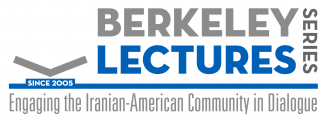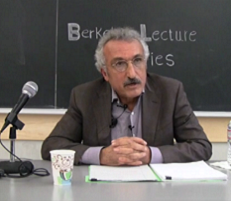The fate of secular thought in the amendment to the constitutional law of the Mullahs and intellectuals, Kazem Kardavani, Sep 17, 2023

کاظم کردوانی، جامعه شناس (از “مدرسه مطالعات عالی علوم اجتماعی – پاریس “) و پژوهشگر و دارای نشان نخل های آکادمیک وزارت آموزش ملی و تحقیقات و فناوری فرانسه، استاد سابق دانشگاه، عضو و دبیر سابق کانون نویسندگان ایران، دبیر سابق کنفدراسیون جهانی دانشجویان ایرانی، عضو مؤسس و دبیر “شورای بازنگری در شیوه ی نگارش خط فارسی”، عضو مؤسس “کمیته دفاع از حقوق قربانیان قتل های زنجیره ای” است. علاوه بر شرکت مستمر در فعالیت های فرهنگی واجتماعی ایرا ن وی سرمقاله نویس و عضو هیئت تحریره ی نشریه های مستقل سیاسی، اجتماعی، و فرهنگی (جامعه سالم، آدینه، کلک، ترجمه و …) بوده است. وی همچنین در حوزه های زبان وادبیات ومسایل اجتماعی وسیاسی ایران به کارهای پژوهشی پرداخته است و پژوهش های منتشر شده او از جمله درباره آثار مارسل پروست، آندره مالرو، آل احمد، شاملو، اخوان ثالث است.



